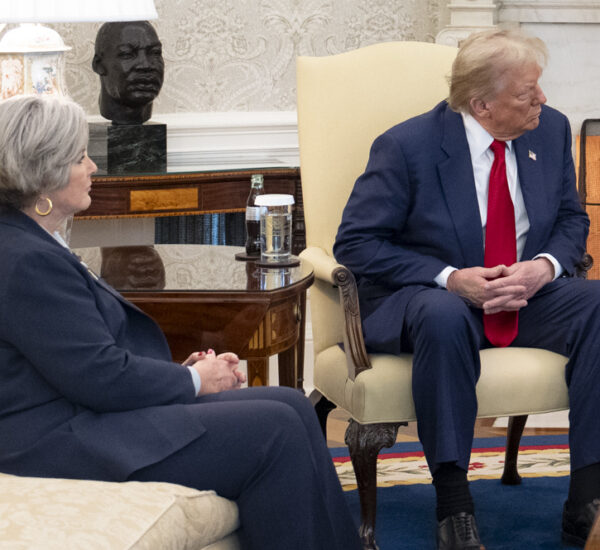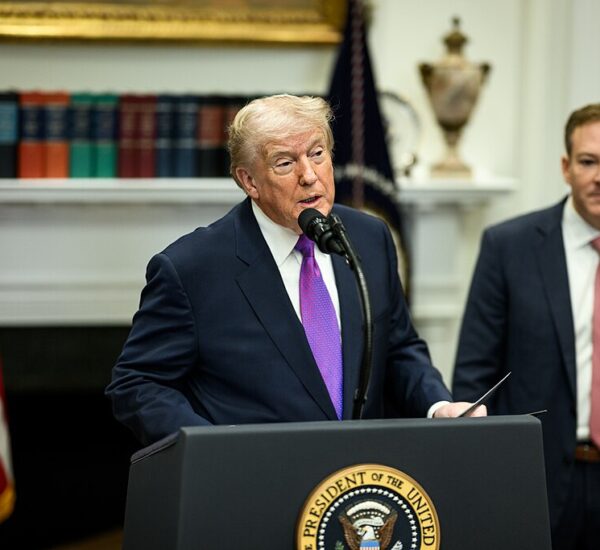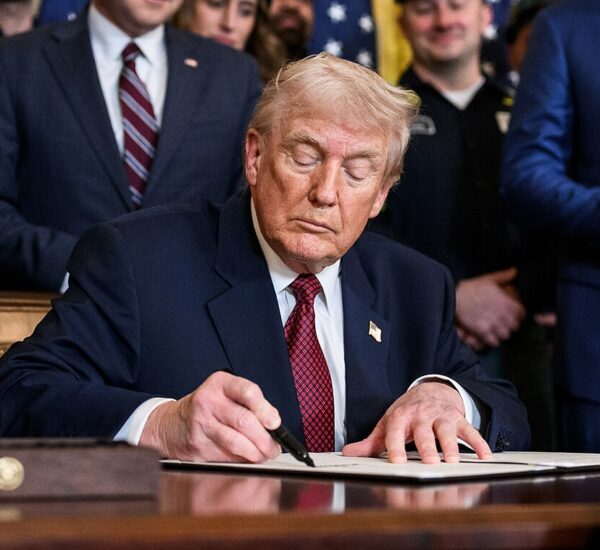This is going to cause a big divide within the GOP.
Washington, D.C. — One of the Republican Party’s most sacred values—opposition to tax increases—is suddenly under scrutiny. And it’s all happening as the conservative movement shifts to embrace a more populist tone.
In a surprising twist, conversations are heating up on Capitol Hill over a proposed new tax bracket for millionaires, reportedly ranging from 38% to 40% for those earning over $1 million annually. While the push is gaining steam in some populist corners of the GOP, it’s raising red flags among traditional fiscal conservatives.
Trump’s Legacy at Risk? 2017 Tax Cuts Face New Pressure
Under President Donald Trump, the landmark Tax Cuts and Jobs Act of 2017 slashed the top federal income tax rate from 39.6% to 37%—fueling job creation, boosting retirement accounts, and delivering long-overdue relief to small business owners and working families alike.
Now, some in Washington want to undo that progress by targeting high earners with a new top tax bracket—threatening the very reforms that powered the Trump economy.
GOP Strategists Alarmed by Internal Shift
Doug Heye, a veteran Republican strategist, recalls the fierce intra-party backlash against tax hikes in 2012. Now? “The party has changed so much,” he told Fox News Digital. “It’s shocking to see the same proposals gaining traction.”
Insiders say the idea is being “socialized” behind the scenes, even among some House Republicans. Former House Speaker Newt Gingrich fought back publicly this week, sharing a statement he said was from President Trump himself on X (formerly Twitter):
“If you can do without it, you’re probably better off trying to do so.”
Economic Growth vs. Populist Optics
John Feehery, a former House GOP staffer and partner at EFB Advocacy, warned that while raising taxes on the wealthy may score quick political points, it could have long-term consequences for the economy.
“If you want a strong economy where people are working and building wealth,” Feehery said, “you want to be careful about hiking taxes.”
He emphasized the party’s changing makeup:
“We used to be the party of country-club Republicans and working-class Democrats. Now it’s the other way around.”
Freedom Caucus Eyes Budget Alternatives
Despite pressure to fund parts of Trump’s 2025 budget—like eliminating taxes on overtime and tipped wages—House conservatives insist spending cuts must come first.
House Freedom Caucus Chairman Andy Harris, R-Md., said he’s open to restoring a higher tax bracket only if other spending cuts can’t be secured.
“If we can’t get enough reductions, maybe we look at taxing income above $2 million. But our priority is reducing spending.”
Lawmakers Offer Cautious Support—With Conditions
Rep. Dan Meuser, R-Pa., floated a top rate of 38.6% as a last resort, stressing that any changes must promote “pro-American economic growth” and “fiscal responsibility.”
“We need to deliver a tax and regulatory plan that strengthens U.S. manufacturing, rewards work, and benefits the vast majority of Americans.”
Mike Pence Urges GOP to Protect Trump Tax Cuts
Former Vice President Mike Pence recently renewed his call to make the Trump tax cuts permanent, warning that raising taxes on top earners would betray the America First agenda.
Conservatives Sound the Alarm
A former House Republican was blunt:
“Raising taxes is a short-term high that ends in long-term harm. It’s fundamentally against what conservatives believe.”
Even fiscal policy experts outside the party are skeptical. Marc Goldwein of the Committee for a Responsible Federal Budget said raising tax rates may look good on paper—but ultimately isn’t the best way to generate revenue.
Bottom Line: Will the GOP Hold the Line or Cave to Populist Pressure?
As President Trump leads the charge for a second term and fights to protect American prosperity, Republicans face a tough choice: stay true to the principles of low taxes and limited government—or risk alienating their base by embracing short-term populist politics.
Conservative voters age 50 and up know the stakes—and they’re watching closely.





